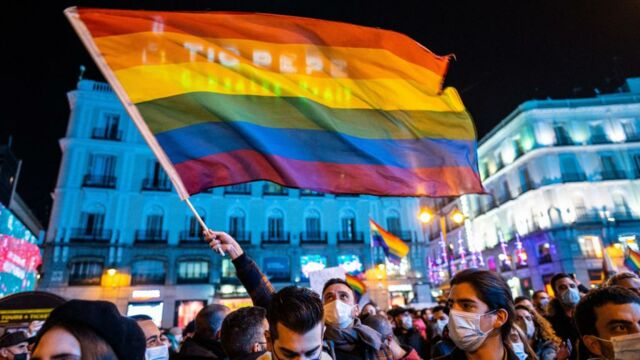New Zealand law allows easy sex change on birth certificates

A new law in New Zealand was passed wherein no medical proof is required to change sex on birth certificates. Trans misogyny in the country will not be tolerated.
This Human Rights Day, a new law allowing all individuals change their sex recorded on their birth certificates, without providing additional documentation, was passedfor the benefit of the non-binary and the transgender community of New Zealand.
Discover our latest podcast
The government said:
A proud day in Aotearoa’s history, Parliament has voted in favour of inclusivity and against discrimination.More under this adMore under this ad
No Trans misogyny
When self-identification on birth certificates was first implemented in 2018, applicants had to show that they had had medical treatment to match theirsex and gender identities.
Internal affairs minister Jan Tinetti said:
There have been real people who have been hurt when they have been belittled, mocked and discriminated against. People who like any one of us just want to be accepted for who they are and be treated with dignity and respect.More under this adMore under this ad
This law change will make a real difference for transgender, non-binary, takatāpui [LGBT] and intersex New Zealanders.
Tinetti believes this new law will promote their mental health and sense of wellbeing among the citizens, and expressed. She added:
More under this adMore under this adTrans misogyny is still misogyny so I stand strong in challenging this discrimination.
Several Latin American nations and European countries such as Denmark and Spain are among the roughly 15 jurisdictions that have made altering one's sex on documents easier.
More under this adMore under this adExclusions and oppositions
In spite of New Zealand being one of the 37 countries who take part in the United Nations High Commissioner for Refugees (UNHCR) regular refugee resettlement programme; the ones who cannot benefit from changing sex on birth certificates are: refugees, asylum seekers and recent migrants.
The bill had to face other oppositions too.
Nicola Grigg, the National Party's women spokesperson, told parliament that while the opposition supported the bill, it was necessary for all views to be heard.
More under this adMore under this adIf we shut down the full expression of topics such as this, we won’t benefit from considering a full range of views as we debate complex policy and ideas, and I do worry about the societal impacts of people feeling that their views are no longer able to be expressed.